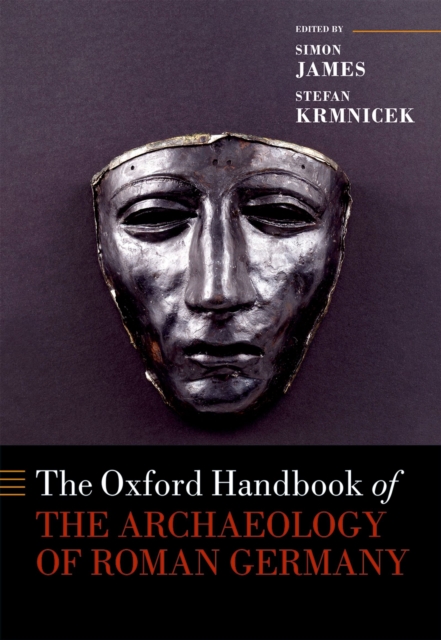
The Oxford Handbook of the Archaeology of Roman Germany EPUB
Edited by Simon James, Stefan Krmnicek
Part of the Oxford Handbooks series
EPUB
Description
Germania was one of the most important and complex zones of cultural interaction and conflict between Rome and neighbouring societies.
A vast region, it became divided into urbanised provinces with elaborate military frontiers and the northern part of the continental 'Barbaricum'.
Recent decades have seen a major effort by German archaeologists, ancient historians, epigraphers, numismatists, and other specialists to explore the Roman era in theirown territory, with rich and often surprising new knowledge.
This Handbook aims to make the results of this great effort of modern German and overwhelmingly German-language scholarship more widely available to Anglophone scholarship on the empire. Archaeology and ancient history are international enterprises characterised by specific national scholarly traditions; this is notably true of the study of Roman-era Germania.
This volume compromises a collection of essays in English by leading scholars working in Germany, presenting the latest developments in current research as well as situating their work within wider international scholarship through a series of critical responses from other, very different, national perspectives. In doing so, this book aims to reveal the riches of the archaeology of Roman Germany, promote the achievements of German scholars in the area, and help facilitate continued English and German language discourses on the Roman era.
Information
-
Download - Immediately Available
- Format:EPUB
- Pages:640 pages
- Publisher:OUP Oxford
- Publication Date:19/03/2020
- Category:
- ISBN:9780191644023
Information
-
Download - Immediately Available
- Format:EPUB
- Pages:640 pages
- Publisher:OUP Oxford
- Publication Date:19/03/2020
- Category:
- ISBN:9780191644023










